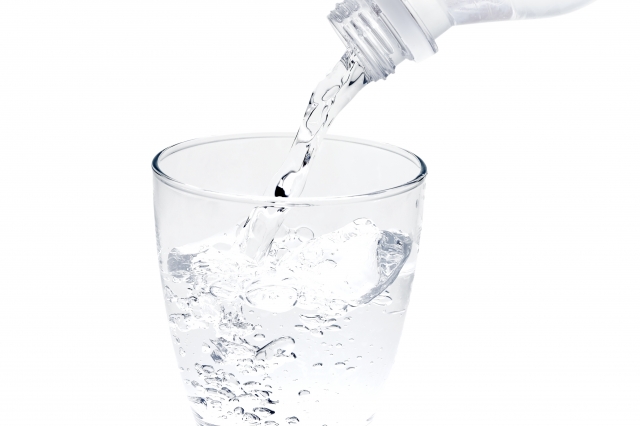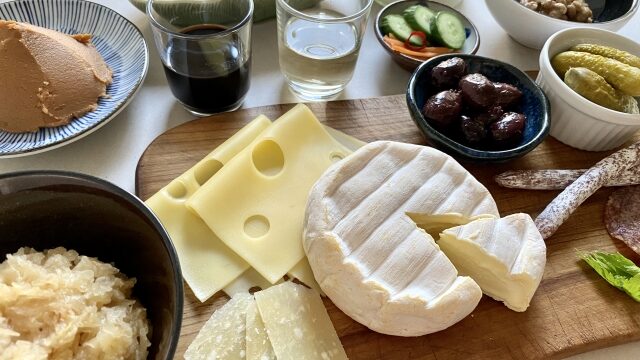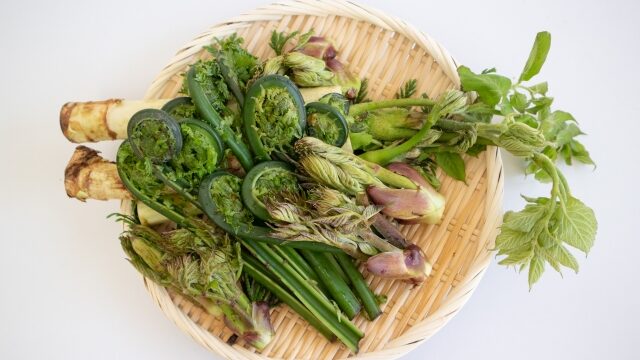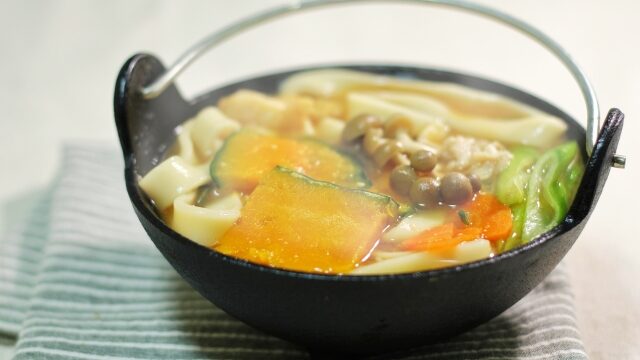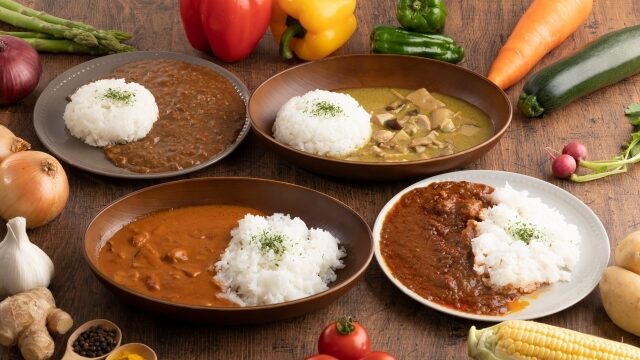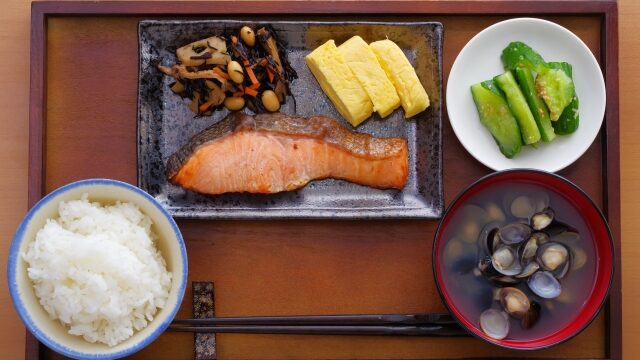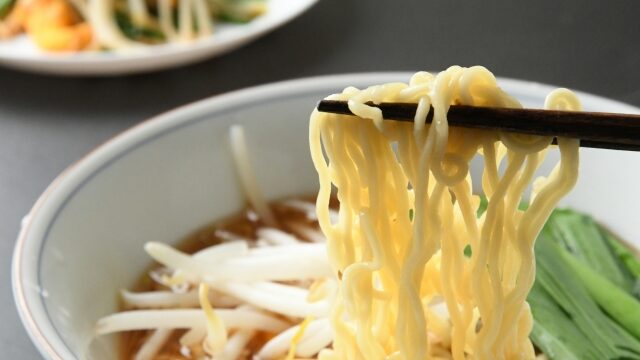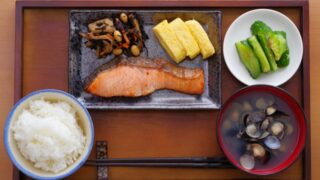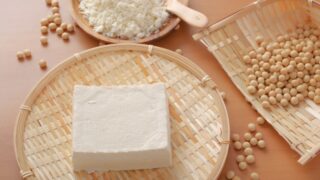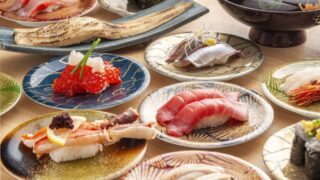Water is indispensable to our daily lives. Japan, where water is available at the tap, is a country blessed with water compared to the rest of the world. In this article, we will discuss the relationship between water and Japanese food. Let us learn more about the relationship between water and food culture and further deepen the differences between your home country and Japan.
Japan is a “Soft Water Country”
Water is the foundation of food. Hardness is a commonly used indicator of the quality of water. Hardness is expressed as the total mg of calcium and magnesium in a liter of water in terms of calcium carbonate.
According to the World Health Organization (WHO) standards, water containing less than 60 mg/L is soft water, 120 mg/L or more is hard water, and water in between is medium-hard water. Japan is a “soft water country” where the average hardness of tap water is around 50 mg/L. On the other hand, water from other countries often has a high hardness, and it is not unusual for it to exceed 200 mg/L.
Water and Dashi
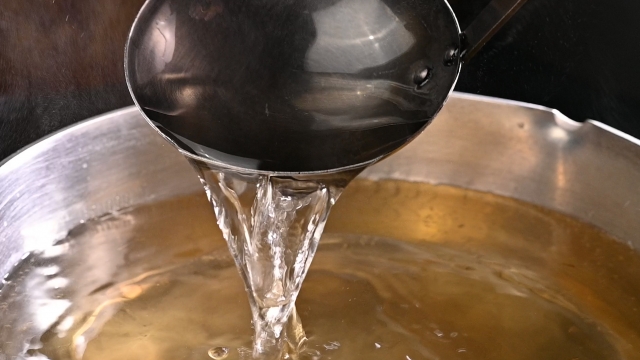
Japanese cuisine is often described as “water cuisine,” and water plays an important role in its delicate flavors. Dashi(soup stock), the base of flavor, is an indispensable part of Japanese cuisine. The relationship between dashi and water is so deep that even if the same ingredients are used, the flavor of the dashi will change if the water is changed.
In fact, it is said that when making dashi broth, soft water tends to bring out the best flavor. This is because the mineral content not only inhibits the extraction of dashi, but also binds the dashi ingredients together, resulting in the formation of lye. On the other hand, hard water is said to be better for stewed dishes because it does not produce much lye and does not easily fall apart.
Water and Japanese Tea
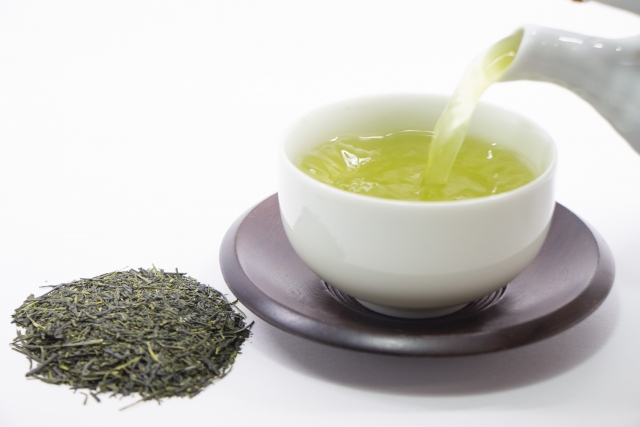
Japanese tea is a drink unique to Japanese water. The flavor and sweetness that tea leaves possess are fully dissolved in soft water, resulting in an elegant and rich taste. As a test, what happens if you try brewing Japanese tea with hard water? As anyone who has ever had Japanese tea in a foreign country may have experienced, the tannin in the tea leaves reacts with iron, which not only spoils the original flavor of the tea, but also turns it black. Therefore, soft water is suitable for Japanese tea for its flavor, while hard water is suitable for black and Chinese teas for their aroma.
Water and Sake
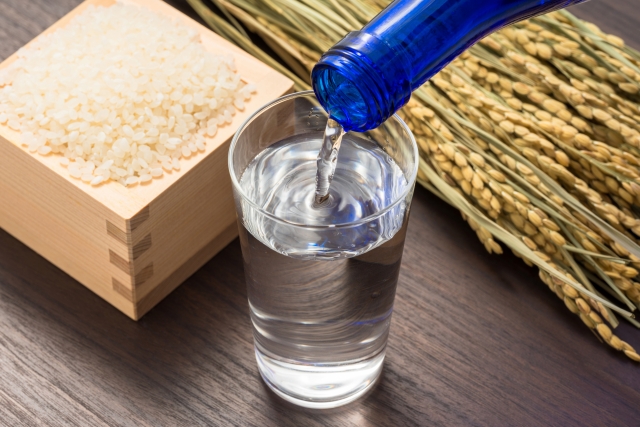
Soft water is characterized by its ability to easily dissolve ingredients and bring out the full flavor of the food. This is most evident in sake, a traditional Japanese beverage.
Sake is said to be dry when the hardness of the brewing water is high and sweet when it is low. The reason for this is that the mineral content stimulates the yeast to break down sugar into alcohol. It is thought that the sugar content is broken down more.
The brewing water in “Nada(灘)” (Nada-ku, Kobe), a well-known sake brewing area, is called “Miyamizu(宮水)” and is hard water with a hardness of around 180 ml/L. On the other hand, the brewing water in “Fushimi(伏見)”, another famous sake brewing area, is called “Fushimizu(伏水)” and is medium-hard water with a hardness of 60-80 ml/L. The difference in the hardness of the brewing water is the main reason why Nada’s sake is said to be dry and Fushimi’s is said to be sweet.
Reference:https://washokujapan.jp/column/info-20230804/
Book: “More Delicious When You Know. The Official Guidebook of Japanese Food”, National Museum of Nature and Science, Tsutsumi Yukiyasu
